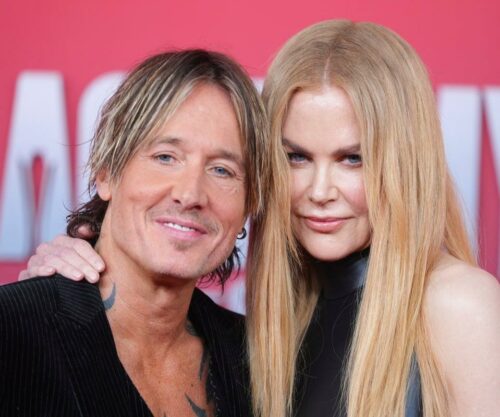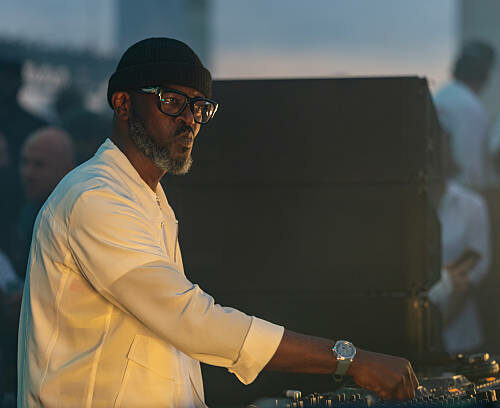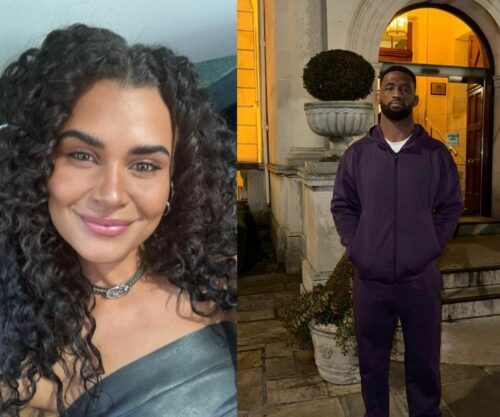
Hollywood loves a fairy tale. The meet-cute on the set of Step Up. The glamorous Malibu wedding. The beautiful daughter. For years, Channing Tatum and Jenna Dewan were the embodiment of that dream. But what happens when the music stops and the script runs out? The real story, it turns, is in the quiet, unglamorous work of healing that happens long after the headlines fade.
In a refreshingly raw recent interview, Channing Tatum pulled back the curtain on life after his 2018 split from Dewan, offering a glimpse into the universal grief of a ended marriage and the complicated beauty of building a new kind of family.
When the “Happily Ever After” Fades
There’s a specific kind of pain that comes from dismantling a life you built with someone, especially when the world watched you build it. Tatum, now 44, spoke candidly about the period following their separation, a time he recalls as profoundly difficult.
“We tried to keep it together, tried for a year and a half, but we knew it was…” he trailed off, choosing to leave the past in the past. His honesty is a jarring contrast to the polished breakup statements we’re used to from celebrities. It acknowledges a truth many know too well: sometimes, despite your best efforts, a relationship reaches its end.
The most poignant part of his confession? The simple, aching reality of co-parenting. “It’s really tough not to have your daughter half the time,” he shared. “I wish I could just have her all the time.” That single sentence will resonate with any parent who has ever counted down the hours until their next custody switch, feeling the palpable absence of their child in an too-quiet house.
The Therapy Takeaway
If Tatum’s interview had one central message beyond the pain, it was this: get help. In a culture that often prizes stoicism, he became a vocal advocate for therapy.
“I don’t care how you grew up! I think everybody needs therapy,” he stated emphatically. This wasn’t just a passing comment; it was a core part of his healing narrative. He credits professional guidance with giving him the tools to process his grief, reframe his experience, and find a way forward.
This aligns perfectly with the mindset Jenna Dewan has also shared. She has previously reflected on her post-divorce growth, writing that the transitions were “invitations to grow, to lean into the discomfort and discover the strength I didn’t know I had.” It seems both found that the end of their marriage, however painful, became a catalyst for profound personal discovery.
New Chapters, Same Priority
Life, of course, moves on. Both stars have built new relationships and expanded their families. Dewan is engaged to actor Steve Kazee and they have two young children together. Tatum has had high-profile relationships with Zoë Kravitz and is now linked to model Inka Williams.
But the throughline—the constant in both of their evolving stories—remains their daughter, Everly. Their journey underscores a powerful lesson for anyone navigating a split: a family isn’t dissolved; it’s redesigned. The goal shifts from being partners to being a united front for your children, a commitment that requires respect, communication, and setting aside past hurts.
Tatum’s introspection was partly spurred by his latest film role, where he plays a struggling father, a part he could personally connect with. It’s a reminder that our deepest pains often inform our greatest growth, both on screen and off.
In the end, the story of Channing and Jenna is no longer a fairy tale. It’s something more real and more relatable: a story of two people who loved, lost, and did the hard work to build something new from the pieces. And in a world obsessed with perfect endings, their messy, honest, and healing middle chapter might be the most inspiring one yet.
{Source: IOL}
Featured Image: X{@etnow}




